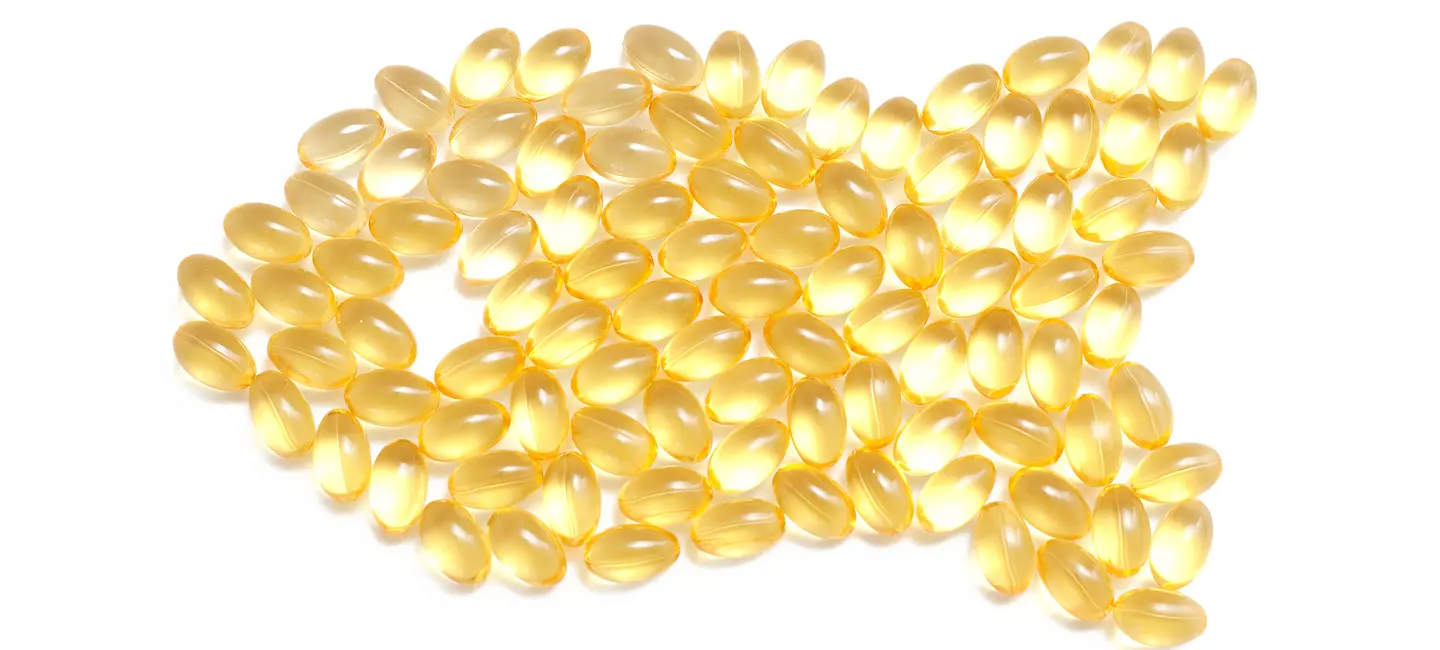
Cod liver oil can be obtained from eating fresh cod liver or by taking supplements. It is a source of vitamins A and D and a fat called omega-3.
Cod liver oil contains certain "fatty acids" that prevent the blood from clotting easily. These fatty acids also reduce pain and swelling.
Cod liver oil is used for heart health, depression, arthritis, and many other conditions, but there is no good scientific evidence to support these uses.
Is It Effective?
NatMed Pro rates effectiveness based on scientific evidence according to the following scale: Effective, Likely Effective, Possibly Effective, Possibly Ineffective, Likely Ineffective, Ineffective, and Insufficient Evidence to Rate.
- Coronavirus disease 2019 (COVID-19). Taking cod liver oil by mouth does not seem to help prevent COVID-19.
There is interest in using cod liver oil for a number of other purposes, but there isn't enough reliable information to say whether it might be helpful.
Is it Safe?
When taken by mouth: Cod liver oil is likely safe for most adults. It can cause side effects including heartburn, stomach upset, and nausea. High doses of cod liver oil are possibly unsafe. They might keep blood from clotting and can increase the chance of bleeding. Vitamin A and vitamin D levels might also become too high with high doses of cod liver oil.
When applied to the skin: There isn't enough reliable information to know if cod liver oil is safe or what the side effects might be.
Special Precautions & Warnings:
Pregnancy and breast-feeding: Cod liver oil is possibly safe when used in amounts that provide no more than the recommended daily intakes of vitamin A and vitamin D. Cod liver oil is possibly unsafe when taken in larger amounts. Do not take cod liver oil that provides more than about 3000 mcg of vitamin A and 100 mcg of vitamin D when pregnant or breast-feeding.
Children: Cod liver oil is likely safe for most children when taken by mouth in amounts that provide no more than the recommended daily intakes of vitamin A and vitamin D. Cod liver oil is possibly unsafe when taken in larger amounts.
Diabetes: Cod liver oil or other fish oils might increase blood sugar in people with diabetes, but it's not clear if this is a major concern. Cod liver oil might also lower blood sugar levels and increase the effects of some antidiabetes drugs. If you have diabetes and use cod liver oil, monitor your blood sugar levels closely.
Medications for diabetes (Antidiabetes drugs)
Interaction Rating=Moderate Be cautious with this combination.
Cod liver oil might lower blood sugar levels. Taking cod liver oil along with diabetes medications might cause blood sugar to drop too low. Monitor your blood sugar closely.
Medications for high blood pressure (Antihypertensive drugs)
Interaction Rating=Moderate Be cautious with this combination.
Cod liver oil might lower blood pressure. Taking cod liver oil along with medications that lower blood pressure might cause blood pressure to go too low. Monitor your blood pressure closely.
Medications that slow blood clotting (Anticoagulant / Antiplatelet drugs)
Interaction Rating=Moderate Be cautious with this combination.
Cod liver oil might slow blood clotting. Taking cod liver oil along with medications that also slow blood clotting might increase the risk of bruising and bleeding.
Herbs and supplements that might lower blood pressure: Cod liver oil might lower blood pressure. Taking it with other supplements that have the same effect might cause blood pressure to drop too much. Examples of supplements with this effect include andrographis, casein peptides, L-arginine, niacin, and stinging nettle.
Herbs and supplements that might lower blood sugar: Cod liver oil might lower blood sugar. Taking it with other supplements with similar effects might lower blood sugar too much. Examples of supplements with this effect include aloe, bitter melon, cassia cinnamon, chromium, and prickly pear cactus.
Herbs and supplements that might slow blood clotting: Cod liver oil might slow blood clotting and increase the risk of bleeding. Taking it with other supplements with similar effects might increase the risk of bleeding in some people. Examples of supplements with this effect include garlic, ginger, ginkgo, nattokinase, and Panax ginseng.
There are no known interactions with foods.
Cod liver oil has most often been used by adults in doses of 15-20 mL by mouth daily for up to 4 months. Speak with a healthcare provider to find out what dose might be best for a specific condition.
Aceite de Higado de Bacalao, Acides Gras Oméga 3, Acides Gras N-3, Acides Gras Polyinsaturés, Cod Oil, Fish Liver Oil, Fish Oil, Halibut Liver Oil, Huile de Foie, Huile de Foie de Flétan, Huile de Foie de Morue, Huile de Foie de Poisson, Huile de Morue, Huile de Poisson, Liver Oil, N-3 Fatty Acids, Omega 3, Oméga 3, Omega 3 Fatty Acids, Omega-3, Omega-3 Fatty Acids, Polyunsaturated Fatty Acids.
Information on this website is for informational use only and is not intended to replace professional medical advice, diagnosis, or treatment. While evidence-based, it is not guaranteed to be error-free and is not intended to meet any particular user’s needs or requirements or to cover all possible uses, safety concerns, interactions, outcomes, or adverse effects. Always check with your doctor or other medical professional before making healthcare decisions (including taking any medication) and do not delay or disregard seeking medical advice or treatment based on any information displayed on this website.
© TRC Healthcare 2024. All rights reserved. Use and/or distribution is permitted only pursuant to a valid license or other permission from TRC Healthcare.
